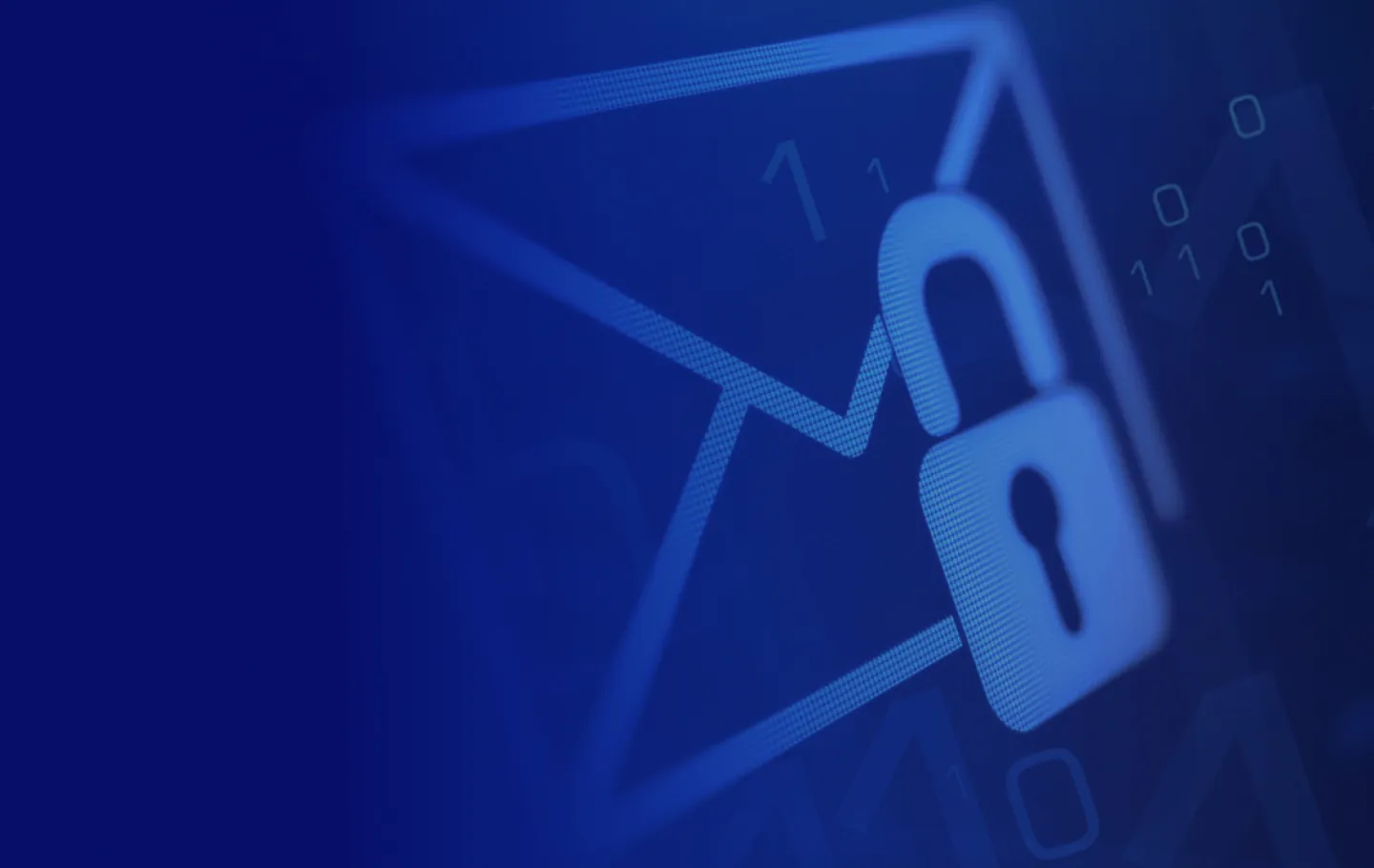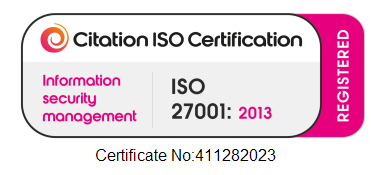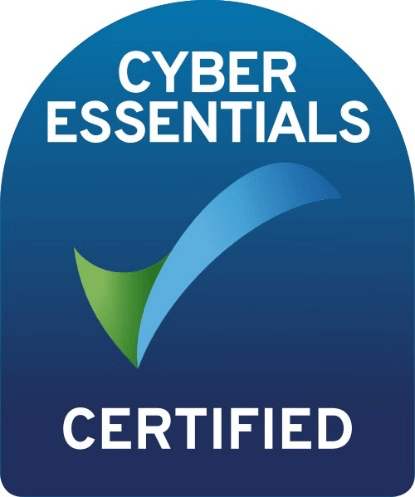It's February 7th, 2024, and the email landscape is shifting. Today marks the official implementation of stricter email authentication protocols by Google and Yahoo, primarily impacting bulk senders. These changes, centered around DMARC (Domain-based Message Authentication, Reporting & Conformance) aim to combat email spoofing and enhance overall email security for their users.
But what exactly does this mean for you?
The Need for DMARC:authori
Email spoofing, where senders forge someone else's email address, is a persistent threat. Phishing attacks often rely on this tactic to trick recipients into clicking malicious links or divulging sensitive information. DMARC helps prevent this by verifying that emails actually come from the domain they claim to originate from.

What's Changing?
Starting today, Google and Yahoo will:
- Require DMARC records: All domains sending bulk emails to these platforms must have a DMARC record published in their DNS settings. This record specifies how unauthenticated emails originating from your domain should be handled (quarantined, rejected, etc.)
- Increase authentication enforcement: They will begin rejecting a small percentage of non-compliant emails. This serves as a warning shot and provides valuable insights for senders to identify and fix issues.
What You Should Do:
If you send bulk emails, here are some key steps:
- Implement DMARC: If you haven't already, set up a DMARC record with a "p=none" policy (monitoring mode) to start tracking unauthorised emails.
- Authenticate your emails: Use SPF and DKIM protocols to ensure your emails can be verified by Google and Yahoo.
- Monitor reports: DMARC reports provide valuable insights into email authentication failures. Regularly review and address any issues identified.
Don't Panic!
While these changes might seem daunting, remember, they ultimately benefit everyone. Implementing DMARC and proper authentication is an investment in email security and sender reputation. Several resources are available to help you through the process, including:
- Google's DMARC guide: https://support.google.com/a/answer/10032674?hl=en
- Yahoo's DMARC page: https://senders.yahooinc.com/faqs/
- DMARC industry resources: https://dmarc.org/
Remember, the initial enforcement is focused on a small percentage of emails. This provides a grace period for senders to adjust and ensure compliance. Take action today to safeguard your email reputation and ensure your messages reach their intended recipients.
If this is all to much and you don't want to get your hands dirty, I can recommend an IT firm who will be able to assist you with ongoing DMARC monitoring, us of course! Get in touch and we will help.




